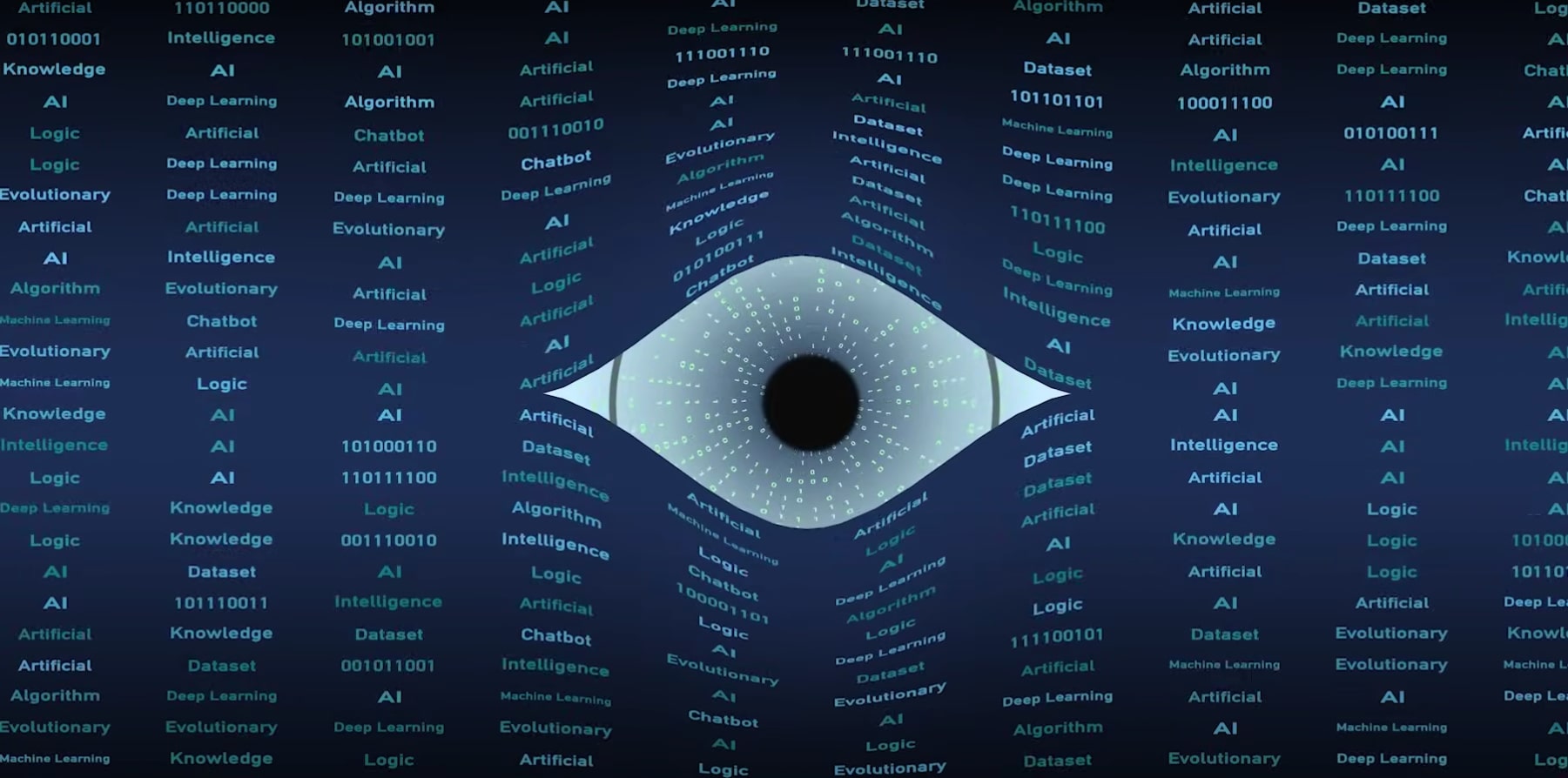Machine learning, a buzz concept in the tech world, is often mistakenly interchanged with artificial intelligence (AI). While it’s true that machine learning is an integral part of AI, the discipline offers an uncharted world of possibilities that extend beyond the scope of AI.
Let’s delve deeper into the world of Machine Learning, explore its potential, and see how it is much more than just AI.
Understanding Machine Learning
Machine Learning is a subfield of artificial intelligence that gives systems the ability to learn from data and improve from their experiences without being explicitly programmed. It involves the creation of algorithms that can learn and make predictions based on data. The primary aim of machine learning is to teach computers to complete tasks without the need for human intervention.
Machine Learning: Different from AI
While both machine learning and artificial intelligence are interrelated, they indeed aren’t the same thing. AI refers to a broad concept of machines being able to carry out tasks that would require human intelligence—this involves anything from recognizing patterns, learning from experiences, making decisions, understanding languages, etc.
On the other hand, machine learning is a subset of AI and focuses on teaching machines how to learn from data inputs. It may not necessarily need to emulate human intelligence. For instance, a machine learning algorithm can be trained to predict customer preferences based on past data and does not need to mimic human understanding.
Applications Beyond AI
Contrary to popular belief, machine learning is not just confined to AI applications, it has found use in a wide array of sectors beyond AI.
In healthcare, machine learning algorithms aid in analyzing large, complex datasets and predict disease risk, patient outcomes, and support diagnostic systems. Similarly, in finance, machine learning is instrumental in detecting fraudulent transactions by analyzing patterns in user behavior.
In the field of marketing, machine learning algorithms can predict customer behavior based upon their previous actions, making marketing campaigns more targeted. The social media algorithms that suggest what content to view or buy, the recommendation systems on e-commerce websites, are all the wonders of machine learning.
Machine Learning in data analytics is yet another crucial application of the technology. With the ability to learn from data and predict future trends, it is becoming an essential tool for businesses in decision making and strategizing.
Finally, machine learning has found widespread applications in areas such as natural language processing, image recognition, robotics, and even in generating art.

Challenges and Ethics of Machine Learning
While Machine Learning illuminates numerous opportunities, it is not without challenges. Training machine learning models can require massive amounts of data, which can raise privacy and ethical concerns. Issues such as transparency, accountability, and bias in machine learning algorithms are also growing areas of concern.
Also, there is the risk of machines learning unwanted behaviors if the training data includes harmful or biased information. Therefore, it is incredibly important to ensure that machine learning models are trained on diverse, unbiased datasets.
Machine Learning: The Future
Machine Learning continues to evolve, with novel advances such as reinforcement learning and deep learning leading the way. As we uncover more about this captivating world, it becomes evident that the possibilities of machine learning extend far beyond AI.
In the future, we will undoubtedly see machine learning entrenched in more sectors, keenly learning and predicting to improve processes, drive efficiency, and ultimately shaping the world we live in.
FAQs
Why is machine learning important?
Machine learning allows computers to handle new situations via analysis, self-training, observation, and experience. It can be used for multiple tasks in various domains, increasing efficiency and productivity.
What are some further applications of machine learning?
Machine learning can be used in healthcare, finance, marketing, data analytics, NLP, image recognition, and even in generating art.
How is machine learning different from artificial intelligence?
AI is a broader concept concerned with machines mimicking human intelligence, while machine learning is a subset of AI, focusing on teaching machines how to learn from data inputs.
What ethical issues are concerned with machine learning?
Key ethical issues include privacy, transparency, accountability, and the potential for bias in machine learning algorithms.
How can machine learning shape the future?
Machine learning can shape the future by influencing various sectors and improving processes, enhancing efficiency, making informed decisions, and ultimately forming the world we live in.
